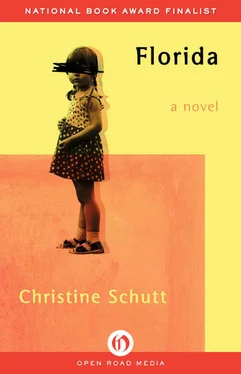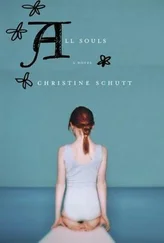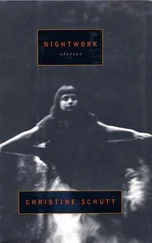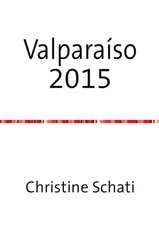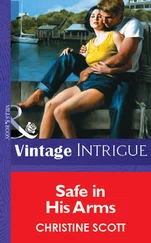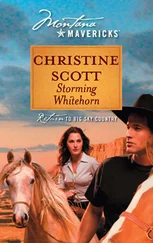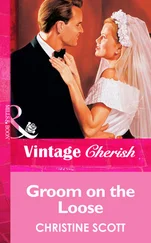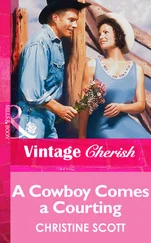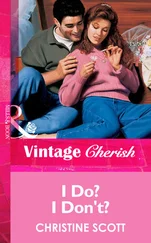“Then why did she steal my clothes?” Mother wanted to know.
“You left them behind; she didn’t think you would mind. She gave them to the high school drama club.”
Mother said, “If I could only smoke one of your funny cigarettes, but I’m dying here as it is.”
She said, “You could have lived with me after I left the San.”
I reminded her of a visit to Aunt Frances’s when Mother came in loudly, unannounced, and tore off the wig she was wearing and exposed her small head. Her own hair was scant, a scraped-back color, a slightness like the rest of those parts she covered up, painted on, glued over. (My father’s fault! His terrible driving!) Mother was crying then, saying, “What’s this crap I can’t take care of my daughter?” In the end, I was glad she lost out to Uncle Billy and Aunt Frances; in the end, I was glad to live away from her. I did not want to be different. And I liked some parts of school. I liked Mr. Early.
“Oh,” Mother said, “that pail full of worms.”
You never met him.”
“Your nonna said.”
“But Nonna wasn’t talking!”
Nonna again. It often came back to Nonna. “If my mother were really dead,” Mother said, “I would know it.”
Mother, sitting on the toilet lid putting on sock-slippers, was talking about what she most often talked about, saying, “It’s Nonna. I know the voice. She’s telling me that I wasn’t Daddy’s favorite. She’s telling me what I already know, but Nonna is still jealous of me no matter what she says.”
Mother said, “It must have been hurtful to Billy that you got the pearls. And the diamond ring was supposed to be mine.”
Mother, wobbling at the sink and flossing, spoke brokenly about Florida and what it would have meant if we had found a way to get there. “Your father and I would still be married!” Mother said. “If it weren’t for them.” My family, my family, the viscous slick of Mother’s family gunking up the day, following her, asking, why can’t your husband, why can’t you? Mother said, “In my family — colds, flu, measles — that’s all. No one ever got sick. Unstable was the word the family used to describe him. Poor Jack! They said to my mother: you need, he can’t, why don’t you.
Mother, using her teeth to open the aspirin, drinking water from the toothbrush glass, swallowing — close, fleshy, human — said, “I didn’t want to be different either. I just was.”
Mother said, “I was in the Garden Club for a while.”
Mother, in bed, said, “Look at me! I’m under the covers before the birdies have said goodnight.”
And so she was! But who cared? We were under the covers together in the warm dark when she talked to me about sunning herself in that aluminum coffin, the sunbed, called Florida. “I named it,” Mother said. She was the one who used it to sleep in endless off-seasons. She was out-of-doors at noon, high sun — had to be — or she would never get any color. She sunned her face and stayed in snow clothes.
“Outside it was rimy,” Mother said, “but I liked saying at parties ‘I’m just back from Florida,’ and their not knowing the tan was local.”
Whatever became of Arthur’s homemade Florida?
“There is so much about your own life you never know,” Mother said, and she sighed, and she cleared her throat and shuffed the pillows, squirming into sleep-position. Then when she was comfortable and quiet in this way, I knew how to lie against her, close enough to be touched.
“Scratch?” I asked, holding out my arm, and I felt her fingers graze me, and then she fell asleep.
A car exploding woke her. “What is going on?” She spoke fearfully, “It’s so noisy. What are you watching? Why are you watching that noise?” She said, “I’m hungry, Alice, aren’t you?” but the food I found made her sick. Mother said, “Don’t blame me, please.” She said, “I can’t help it. I have ulcers. I shouldn’t drink.”
The next day we read our books in separate rooms. This was nice. The sad part was walking out of the dark and into the coarse kitchen light. Mother was at the table in her nightgown, petting herself — her hands, her arms. She said, “There’s nothing to eat. What do you want to do?”
I wanted to wake up very early in the morning and get a head start. I wanted it to be next week and me in the city at home where I lived: West Seventy-Sixth Street! New York, New York.
PLOT ABANDONED IN FAVOR of insight … I was reading old notes on the Lyrical Ballads when Aunt Frances called to say Arthur had died while driving a burned woman to the hospital. The greenhouse man, name of Niles, on Lawn: It was his wife. Aunt Frances said, “The fire happened this morning, a kitchen fire.” The wife’s hands were burned. All Aunt Frances knew was already hours ago: Arthur had died on the side of the road in the truck, had died doing what he had done for most of his life: driving a woman, hurt, to help. The burned wife said Arthur had pulled onto the shoulder when he felt it coming. He looked alarmed, yet it seemed he drove onto the shoulder carefully and put the car in park before he settled back and died.
Aunt Frances said, “Can’t you imagine him? It happened on Highway 83 toward Nashotah.”
I knew the highway. I could see the high, graveled shoulder of the road that ran along with the railroad tracks. I saw a strip of grass, some fringe of dusted green, railroad tracks again, and in the distance, cornfields, turned ground dried but planted. I saw myself explaining to the students what Wordsworth meant by “spots of time.”
The new man, Duane, was waiting at the airport. He told me about the accident, and how the burned woman had watched Arthur die. Duane said, “It happened quick.”
Arthur — thinking of others.
Duane drove me on in silence past closer cornfields and lumbering barns and modest houses; we bypassed the town where I had lived with my mother, passed the road to Nonna’s house on the way to Uncle Billy’s with its garden of jutted stone menacing the path to the lake.
“Arthur would have wanted you here,” Aunt Frances said at the door. “I’m glad you could come.”
“Mother wasn’t up to the trip.”
“But your being here he would have wanted,” Aunt Frances said. “He would be glad.”
“I don’t want to see him.” This was later. We were having early supper by then, Uncle Billy, Aunt Frances, and I, and the cold-spring, brusque light made me squint; I spoke to my plate. I didn’t like open-casket, and I didn’t want to see Arthur’s face rouged and his hair painted black.
“There will be a receiving line,” Aunt Frances said, “but we’ll be the only ones in it. You can stand at the head, you won’t see.”
“There was no family,” Uncle Billy said. “We were the only ones. He left instructions.”
Thinking of others, thinking of others — Arthur always.
That night I wanted to dream but I didn’t; no promises or portents, no visions of the years to come, just pure, dark, dreamless sleep, then in the morning, Uncle Billy, at the breakfast table, talking family plots. His was on the north slope of the cemetery, where his father had gone, and he would go, too, and Aunt Frances was debating. But what about Arthur? Arthur was only one and obliged to sleep in a crowded row where nobody knew him.
“Why not with the family?” I asked, and then to Uncle Billy, “You’re such an ass.”
“Alice!” Aunt Frances said. “You’re not the only one upset. Arthur was a part of our family. Your Uncle Billy and I have made all of the arrangements. And none of this ugly business is inexpensive.”
Читать дальше
